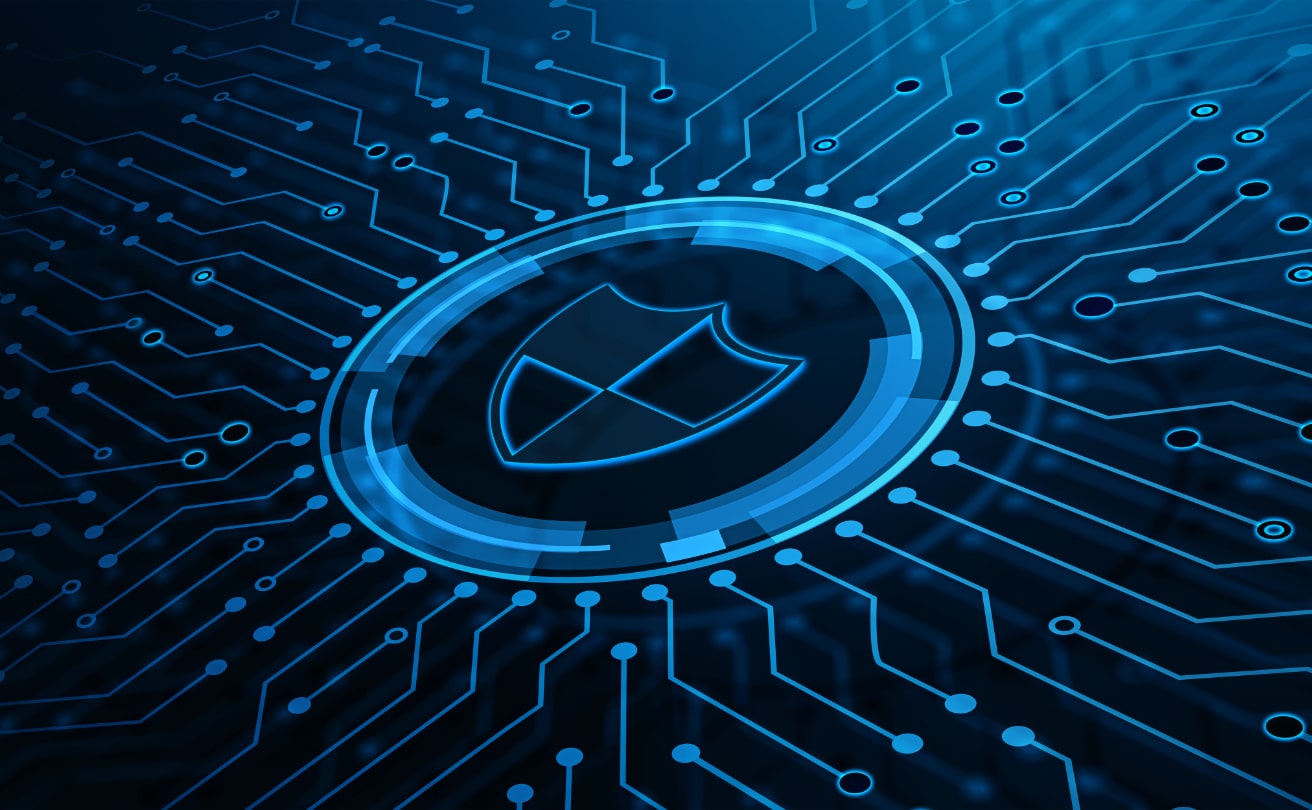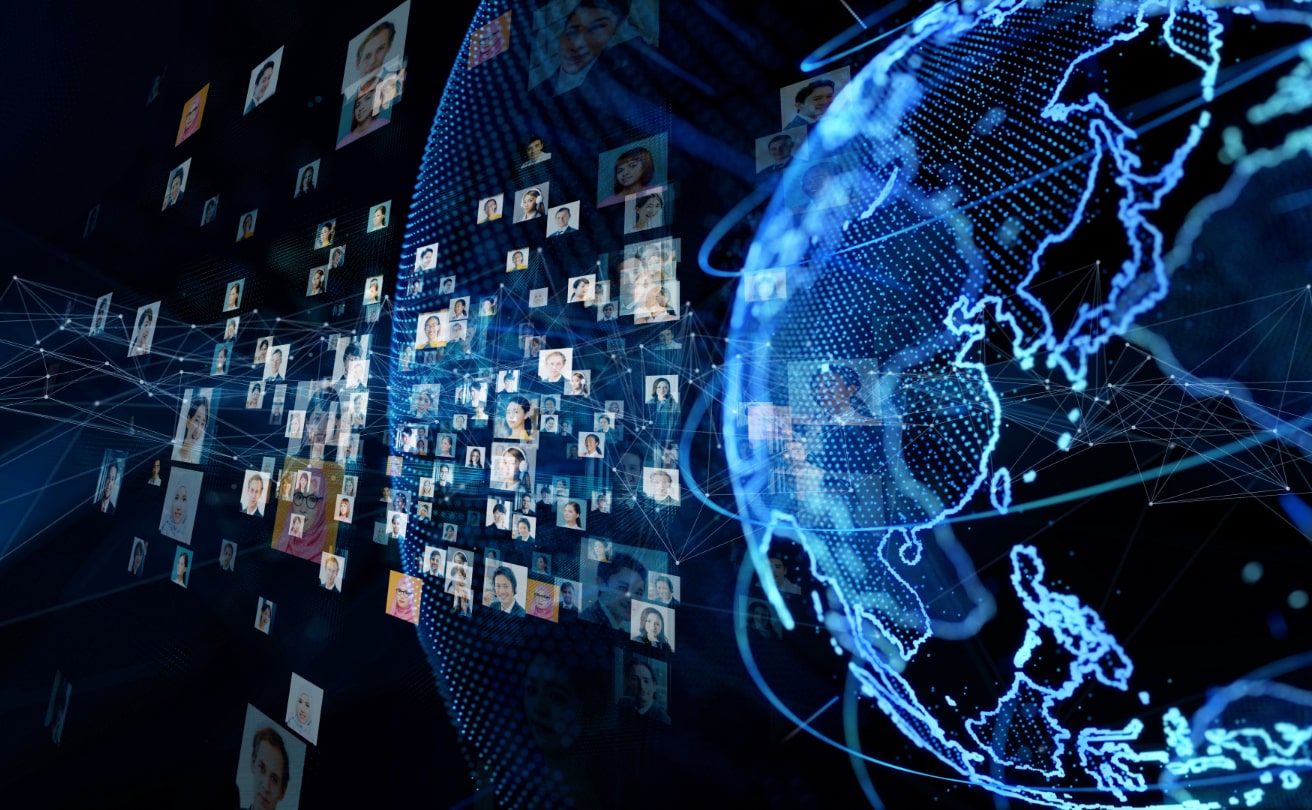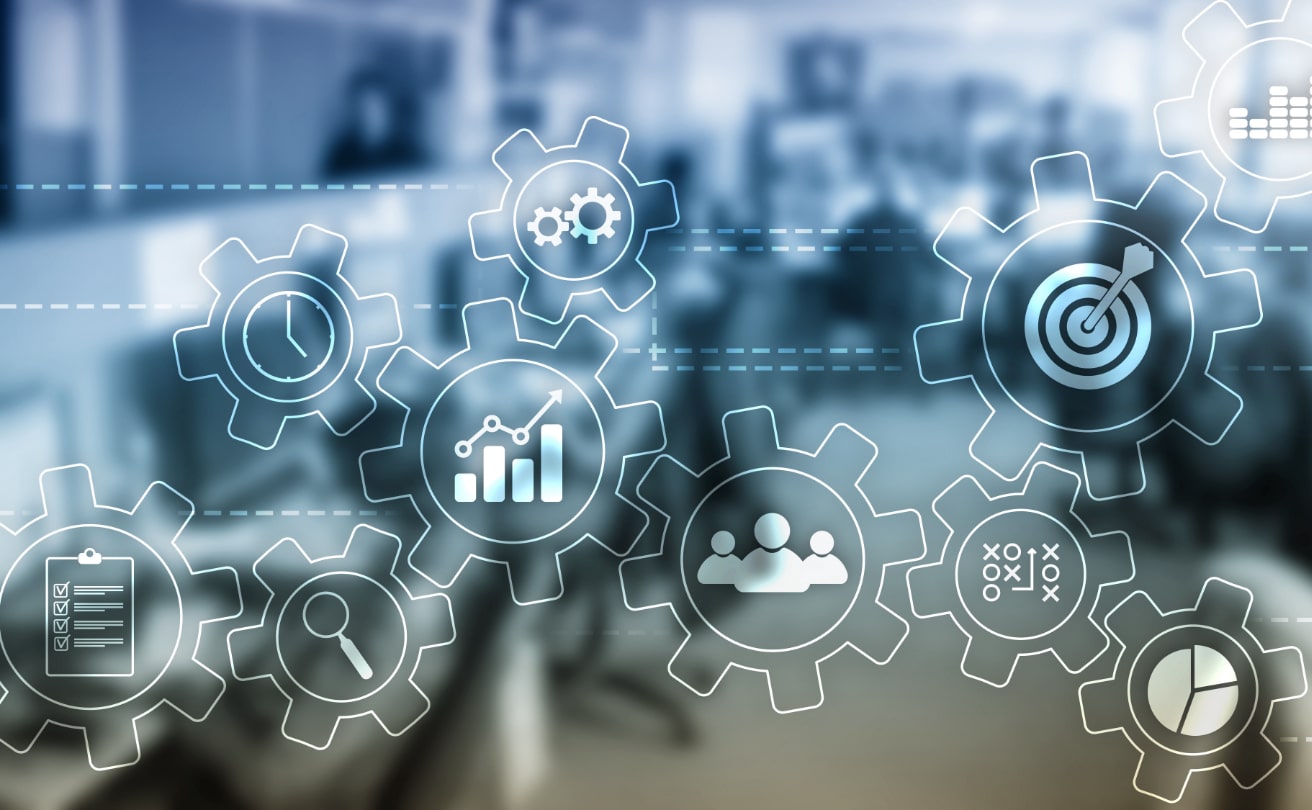 Contact us
Contact us
 Contact us
Contact us

Networked intelligence, unbound by physical limits and enhanced by key technological advancements, urges humanity to reconsider foundational concepts that have defined civilizations for centuries. For example, the notions of self, autonomy, and responsibility (that provide foundations for the design of many present day social institutions), are being questioned with the emergence of “thinking” machines that collectively function on the network. With such recognition, CCRC seeks to understand and develop the next generation of social principles to govern both the technology and society.
ネットワーク化された人工知能など、今日の情報技術の進歩は人間の未来に大きな影響を与えると考えられ、それは新しいサイバー文明の台頭と言って良いほどのインパクトを持つと予想されます。慶應義塾大学は、その新たな文明の発展を真に人類の幸福につながるものとして先導する決意のもとに、慶應義塾大学グローバルリサーチインスティテュート(KGRI:駒村圭吾所長)内に、「サイバー文明研究センター」をこのたび開設しました。

With the advances in IoT (Internet of Things) and AI (Artificial Intelligence), cyber civilization is becoming ever more vulnerable to cyber threats. Without addressing this issue, we will not be able to fully benefit from the promised capabilities of information technologies. By better understanding how pervasive technology has become to individual, national, and international security, we may be able to understand how to defend it from malicious actors and mitigate overspills from the virtual to the physical and vice versa.
IoT(モノのインターネット)やAI(人工知能)の発達により、サイバー文明は驚異に対してより脆弱なものとなりつつある。この課題に取り組まずして、情報技術によって実現されうる便益を万全には享受できない。あらゆる場面に浸透する技術が個人、国家、そして国際社会のセキュリティにどのような形で影響を及ぼすかをより深く理解することにより、悪意からの攻撃を防いだり、サイバー空間上の瑕疵が現実社会に及んだり、その逆の事象を抑制することができるのではなかろうか。

Beyond direct attacks on information technology systems, cyber civilization can also face a variety of civilization risks. Such risks may include unethical use of powerful technologies for weapons, social instability by loss of jobs, and loss of human control over markets, to name just a few. The consequences of natural born risks, including earthquakes, typhoons, tsunamis etc. would have different character and magnitude in the cyber civilization age from that of previous ones. CCRC thus seeks to explore civilization risks that are of a large magnitude and can risk both the virtual and physical manifestation of society. Based on the deeper understanding of the nature of the risks, we would also like to explore how technological and societal systems can be resilient, i.e. have the capability to recover from damages quickly, in a cyber civilization.
情報システムへの直接的な攻撃以上に、サイバー文明はさまざまなリスクに直面している。リスクの形態は多様であり、軽く挙げただけでも、軍事転用可能技術の非倫理的使用や雇用環境の不安定化による失業の増大、市場メカニズムの制御が不可能になるなどといったものが想定される。地震、台風、津波等の天災が引き起こす結末は、サーバー文明の到来により以前のそれとは異なる形態、規模で立ち現れることであろう。CCRCはそれゆえ、巨大な規模で生じる文明のリスクを整理し、サイバー文明における被害からの早急な回復を実現するためのしくみなど、技術ならびに社会システムを強靭化するための方法を構築していきたい。

The rise of data economy and advancement in big data technology have driven innovation and growth to the society. Yet, at the same time, they bring along a new set of challenges and potential risks to the human race. Global policymakers see data management strategy as the top priority in their development plans and consider it to be the remedies of many social problems, at both domestic and international level. A trustable mechanism on data management is essential to our future. CCRC analyze data architecture and technologies and illustrates the potentials and challenges that support effective future welfare planning, and develop an architecture for trust between stakeholders that fill up gaps between the exiting laws, conventions, and protocols on data usage.
情報技術の進化を背景にビッグデータを効率的に利活用しようとするデータエコノミーが拡大しています。データの効率的な利活用は、社会的なイノベーションを促進し、今後益々、人類の経済・社会活動に影響を与えます。しかしその影響の拡大の中には、人類規模での課題や予期することが難しいリスクが潜在的に存在します。新しいデータマネジメントに関する政策的意思決定は人類の健全な未来に向け、世界規模での重要課題の1つとなり、データ共有の新しい枠組みを構築することは、日本のみならず世界で広く社会課題の解決にもつながると各国で捉えられ始めています。国境を超えて、私たちの未来を支える、安心・安全なデータマネジメントの在り方の検討が必要とされています。CCRCでは、データマネジメントアーキテクチャの技術的な分析を通じデータ利活用のプロトコル、既存の法律や文化との調和をはかりながら、各ステークホルダーが信頼できる新しいデータマネジメントのフレームワークを提案します。同時に、新しいデータマネジメントシステムが及ぼす影響について、法的・倫理的課題および新しい社会福祉政策の必要性等、社会的課題を明らかにすることについても分野横断的に取り組みます。